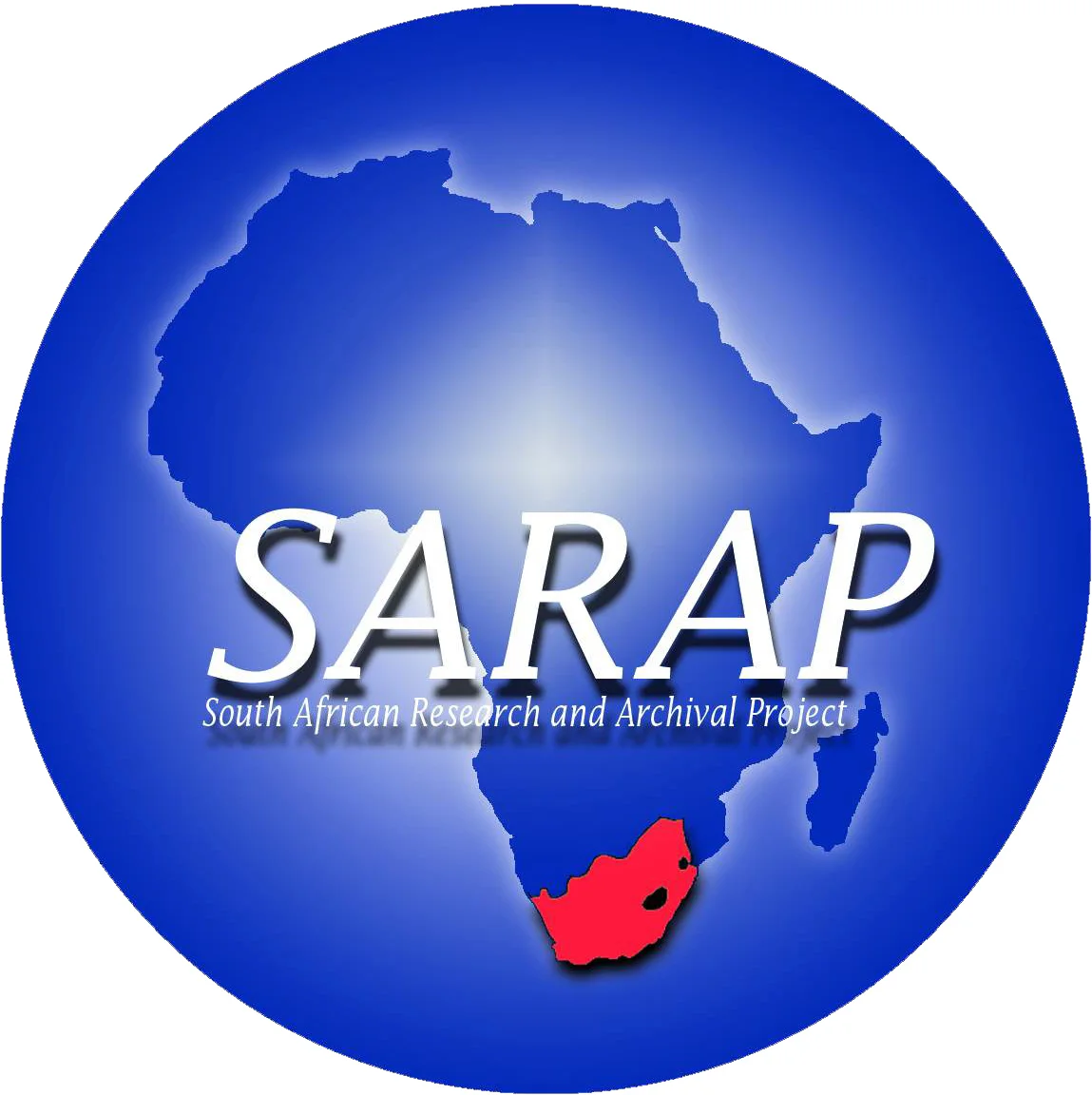SOUTH AFRICAN RESEARCH AND ARCHIVAL PROJECT
Exposing the links between African Americans and South Africans
For over a decade, I played a central role in the South African Research and Archival Project (SARAP), a trailblazing initiative in Digital Humanities and Public History. Established by Dr. Joseph E. Harris at Howard University, SARAP was a pioneering effort in Digital Humanities—embracing digital tools and methodologies to connect archival research with broader audiences long before the term “Digital Humanities” gained widespread recognition. SARAP’s mission was to uncover and document archival materials that illuminate the vital connections between African Americans and South Africans during the post-apartheid era.
As Dr. Harris’s first graduate assistant, I contributed extensively to SARAP’s success, working alongside early collaborators such as Jim Harper and Wendi Manuel-Scott, as well as a dedicated team of scholars, graduate students, and undergraduates, including Azaria Mbughuni, Milagros Denis, Iyelli Ichile, and others. Together, we worked to identify, digitize, and disseminate materials that deepen our understanding of the transnational relationship between these two communities.
My involvement began as a researcher, mining archives in the United States and South Africa for relevant materials. Over time, I advanced to Project Assistant, Assistant Director, and ultimately, Director—following the completion of my Ph.D. and Dr. Harris’s retirement. In these roles, I not only contributed to SARAP’s intellectual and operational growth but also co-authored several key outputs, including the SARAP website, a CD-ROM on African American and South African relations, and printed guides to archival collections in both countries. These resources were early examples of digital scholarship, designed to make historical materials accessible to a global audience.
A cornerstone of my leadership was training researchers in archival methods and digital tools, teaching them to collect, format, and upload data to SARAP’s online database via a custom-built web application. Recognizing the value of hands-on experience, I championed the inclusion of undergraduate students in the project, providing them with opportunities to engage in practical, transformative archival research. Carmen Byrd, Kimberley Howard, and Alexandria Mitchell were among the first undergraduates to participate, setting a standard for future student involvement.
SARAP also served as a collaborative hub for scholars, activists, and students. It welcomed contributors and hosted influential figures in the anti-apartheid movement. For example, Dr. Sylvia Hill, a leader of the Southern Africa Support Project (SASP), shared her experiences during her visit to SARAP. Similarly, Mrs. Ida Wood, administrator of the Stokes-Moton Southern African Refugee Scholarship Program, provided invaluable insights into her work supporting southern African students attending U.S. colleges and universities, especially Historically Black Colleges and Universities (HBCUs).
As part of SARAP’s oral history initiatives, I conducted interviews with prominent figures like Reverend George Houser, a longtime leader of the American Committee on Africa (ACOA). His vivid accounts of traveling through war-torn Angola with the MPLA enriched my dissertation research and SARAP’s broader efforts to document the transnational dimensions of African liberation movements.
SARAP’s pioneering approach to Digital Humanities and Public History not only predated the institutionalization of these fields but also set a standard for how digital tools could democratize historical scholarship. By integrating archival research with digital platforms, the project bridged continents, connected researchers across disciplines, and made history accessible to a global audience.
From my years with SARAP, I gained extensive expertise in Digital Humanities methodologies, archival research, and public history practice. Just as importantly, I built enduring professional relationships with key figures in government, academia, and the private sector across South Africa, the United States, and the world.
SARAP’s lasting legacy continues to shape my work as a historian and public scholar. Its innovative use of digital tools, commitment to collaboration, and focus on centering marginalized voices exemplify the transformative potential of Digital Humanities and transnational historical scholarship.
CDJ 2025
